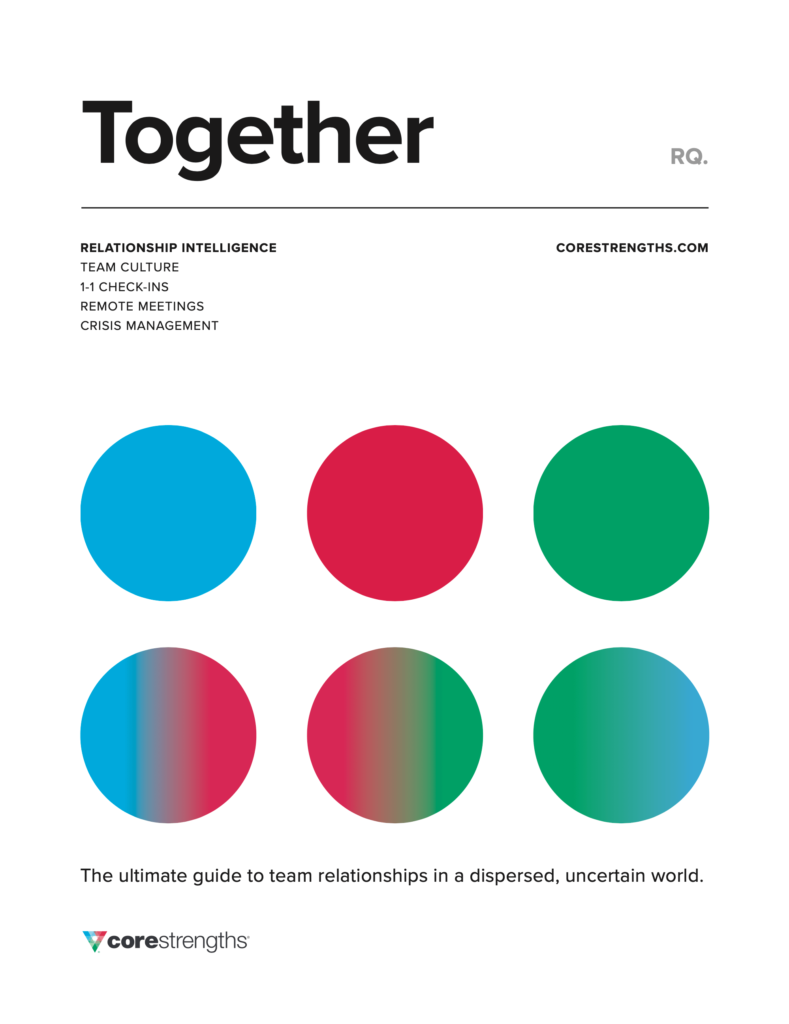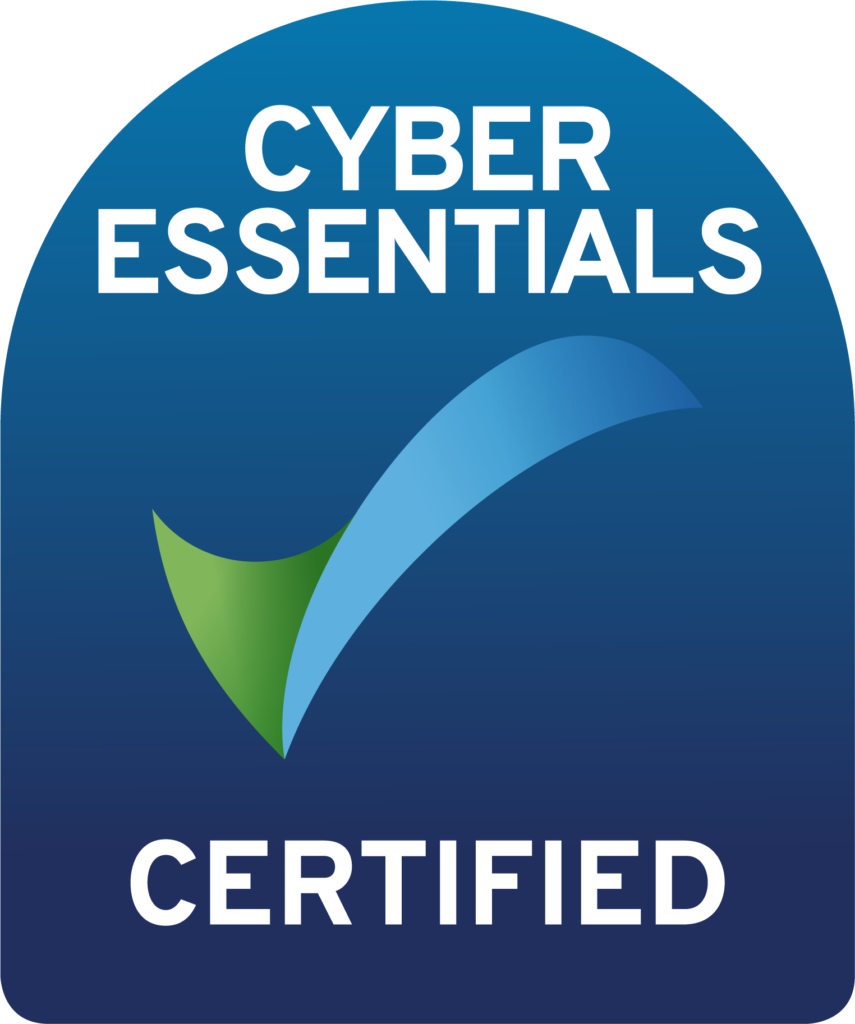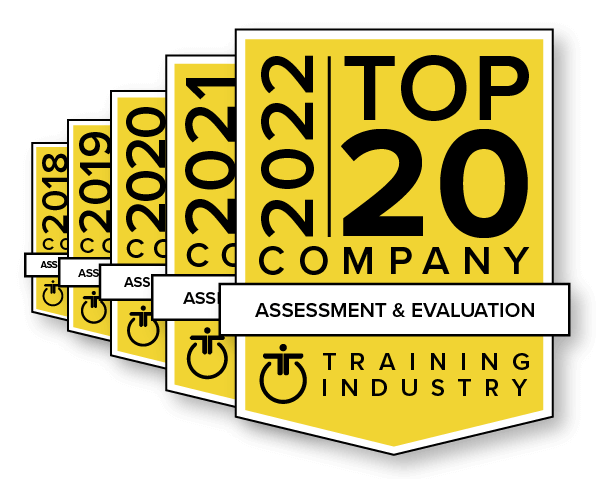Emotional Intelligence (EI or EQ) has been a trending topic since the mid-90s, when author and psychologist Daniel Goleman first popularized the term. Harvard Business Review hailed it as “a revolutionary, paradigm-shifting idea” and Yale University established an entire research institute around the concept.
In fact, research shows that people with emotional intelligence are more likely to succeed than those with high IQs or ample experience. After all, one only has to look at the achievements of people with tremendous social agility, like Oprah Winfrey or Howard Schultz, to conclude that high EI helped them get to the top. These days, the general consensus in management circles is the more EI, the better.
While I tend to agree with this sentiment, the question still stands, “How exactly does one get more emotional intelligence?” Despite a plethora of self-help books on the topic and assessments to measure one’s current level of EI, the answer to the question in practical terms remains somewhat elusive. Leadership and employee development professionals often struggle to find sound, skill-based approaches for increasing EI, so it’s a high-stakes question that we need to answer on a personal and organizational level.
If you are looking to help people develop emotional intelligence skills, take a moment to evaluate your program/process using the four components of EI—
1. Self-awareness. Self-awareness is the ability to accurately perceive your own emotions and how you typically react in a variety of situations—when things are going great and when they aren’t. Many people try to reflect on their emotions and understand the origins of a particular response or behavior, but without some guidance or tools, it can be an incredibly frustrating exercise. Furthermore, people can have a general sense for how they feel and how these emotions affect their behavior, but still find it difficult to put these ideas into words. They then feel mired down in vague generalities and the lack of precision makes it almost impossible to draw out meaningful or useful insights.
With this in mind, I have found valid and reliable assessments to be useful for increasing self-awareness. Many of them also offer a common language that makes it easier to describe and discuss things you’re feeling. Since there are a number of assessments on the market and many have merit, make sure the assessment you choose works on a daily basis for you and your constituents.
At a minimum, assessments must have these three features to be worthwhile:
- Results are presented in a clear, straightforward manner using common, memorable language. If you need a decoder ring or dictionary to understand your results, or you have no idea how having the information helps you be more effective in your work and life, then move on.
- Results must go beyond surface-level behavioral observations or preferences. Real insight comes when you understand why you do what you do.
- Results must also address those times when things are going wrong and you’re experiencing conflict. Unfortunately, that’s a big part of life, so unless your assessment provides insight into life’s most difficult moments, keep looking.
2. Self-management. Self-management is about how you act or fail to act in situations. Some people believe that this is when the office hot-head counts to ten and resists the urge to shout at a vendor for a minor mistake, or the Devil Wears Prada executive somehow musters the ability to soften her scathing criticism of an employee who is learning the job. Of course, this may be true, but self-management is much more than correcting destructive behaviors. Self-management is about authentically choosing actions that increase the likelihood of achieving desired outcomes. It’s the ability to think proactively about the best path to the destination.
Again, specifics matter when evaluating programs that purport to build EI. I like programs that not only expose people to the things they are naturally good at, but also equip them to choose and use behaviors outside of their normal comfort zone. In other words, I want people to understand that they have many options, along with knowing how to access those options and feeling confident when they do.
3. Social awareness. Social awareness is the ability to understand other people. In other words, it’s the power to pick up on the verbal and visual cues that reveal what another person is feeling or what matters most to them in a particular moment. This can be especially important in high-stress situations or when there is conflict. Any approach that doesn’t provide tangible ideas for reading the needs of others and what triggers conflict is falling short.
4. Relationship management. Relationship management is the application of the first three EI skills. It’s the ability to interact with people so work gets done and everyone feels good about doing it. In a word, it’s communication. In my view, any program that teaches the first three skills, but doesn’t give specific advice on how to connect with people in more authentic and effective ways is a horrible failure.
The fact of the matter is that we can all use a bit more Emotional Intelligence. We just need to be smart about how we go about acquiring it.









